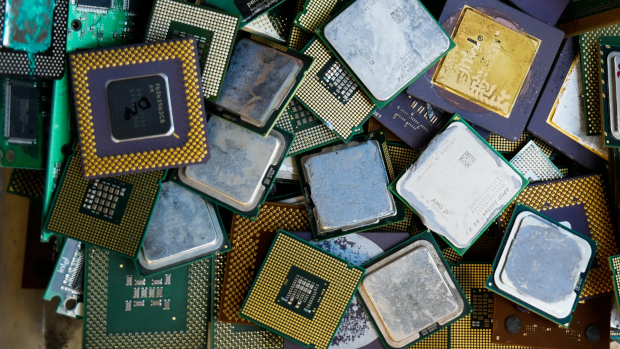
Chipmakers should brace for ‘oversupply’ in 2023 with crisis set to clear
The semiconductor market will normalise by the middle of 2022, with large-scale capacity expansion kicking production into overdrive by 2023, analysts claim.
The industry has long suffered a shortage of critical computing components, which has held up the supply of electronic goods and led to losses across several industries, including automotive and IT. IDC, however, claims that efforts to fight this crisis will begin to pay off towards the end of the year, leading to an oversupply by 2023.
To begin with, IDC expects the market to grow by 17.3% over the course of 2021, versus just 10.8% in 2020. This will lead to normalisation and balance by the middle of 2022, with a potential for overcapacity in the following year due to large-scale capacity expansions coming online.
“The semiconductor content story is intact and not only does it benefit the semiconductor companies, but the unit volume growth in many of the markets that they serve will also continue to drive very good growth for the semiconductor market,” said IDC group VP for enabling technologies and semiconductors, Mario Morales.
A strong global recovery is currently being driven by ongoing demand for mobile phones, notebooks, servers, cars, smart home devices, gaming, wearables and Wi-Fi access points, the analyst house claims.
Despite Covid-19, dedicated foundries have been allocated for the rest of the year, meaning production capacity is at near 100%. Although front-end capacity remains tight, fabless suppliers – chipmakers without their own production means – are getting their needs met by foundry partners.
Front-end manufacturing is now beginning to meet demand in the third quarter of the year, although larger issues and shortages will remain in back-end manufacturing and materials until the end of 2021.
The ongoing crisis has forced chipmakers to reassess their strategies in the medium-term, with companies like Nvidia, for example, recently repurposing legacy GPUs to make up for the shortage of production in new chips.
The global chip shortage has widely been projected to extend into next year, which would align with IDC’s predictions. The chip giant TSMC, for example, has declared as much, while Intel has also warned that the current situation will lead to revenue losses for companies across the wider industry until at least 2023.
Ⓒ Future Publishing
Like what you see?

Ireland’s ONLY dedicated news feed for the distribution and retail channel.
Our editorial mix includes channel news, trend analysis, Deals Done, regular ‘Channel Chat’ interviews and strategic product focuses. This is a vital medium through which the technology channel can network and identify new business opportunities.
Want more?








Subscribers 0
Fans 0
Followers 0
Followers